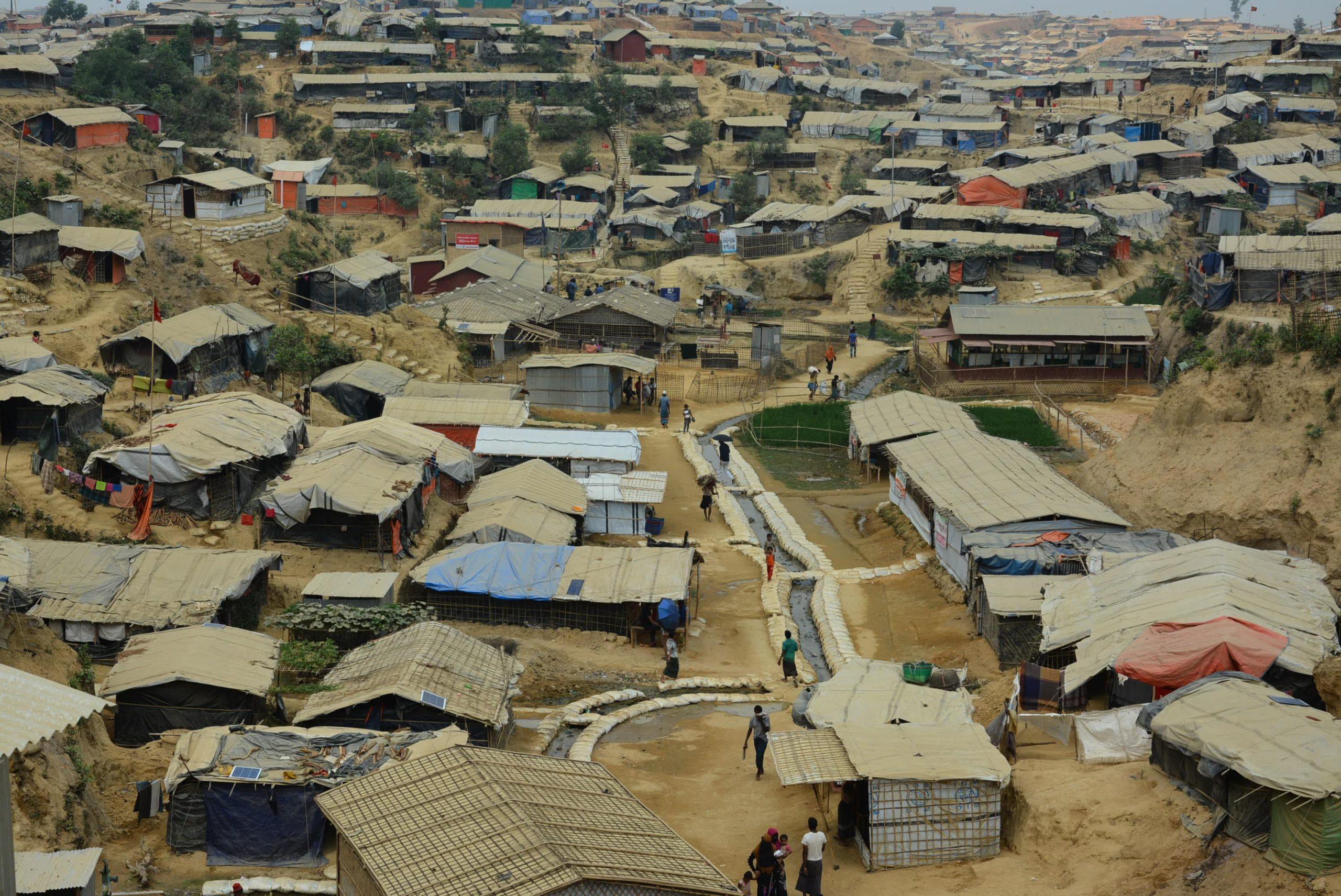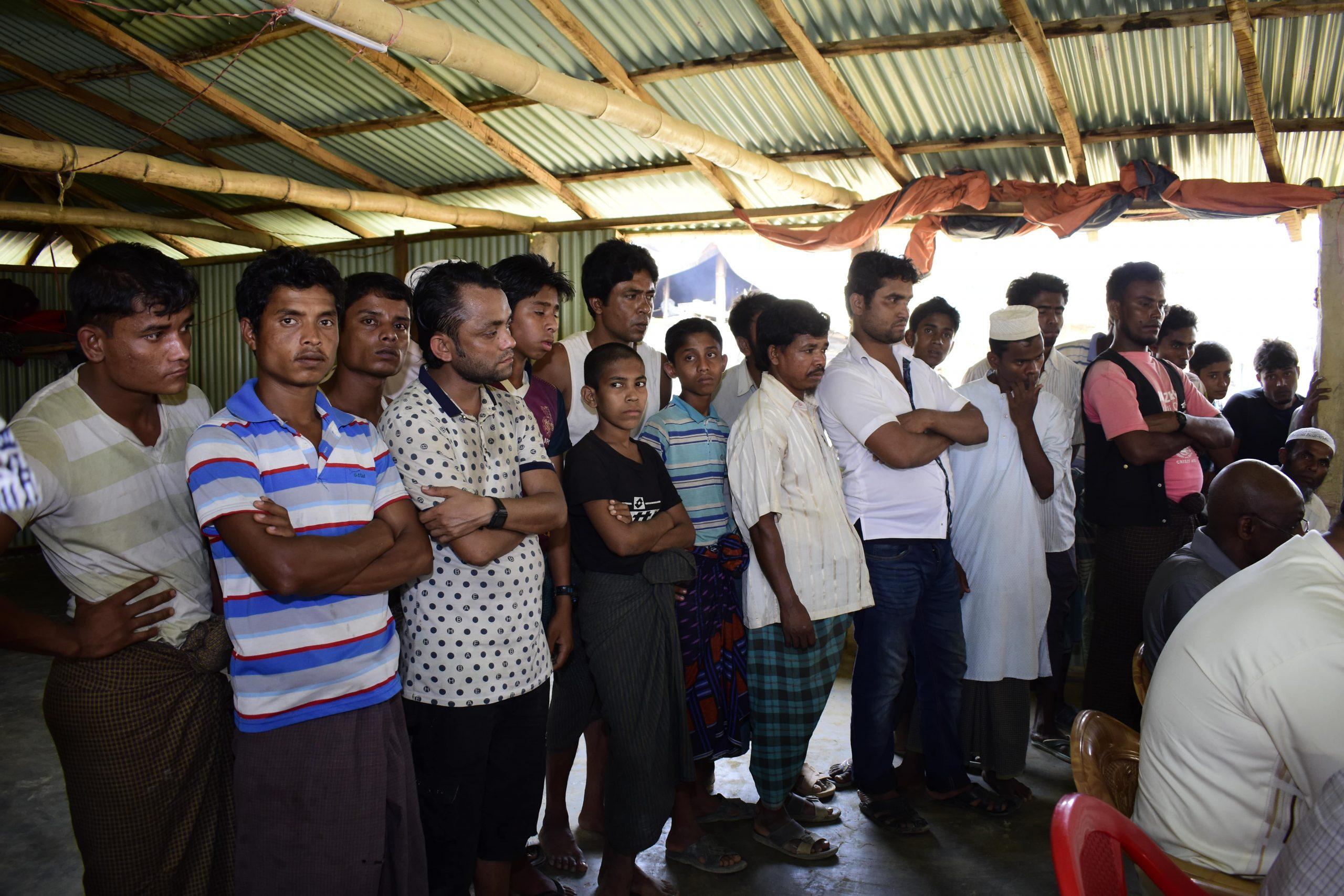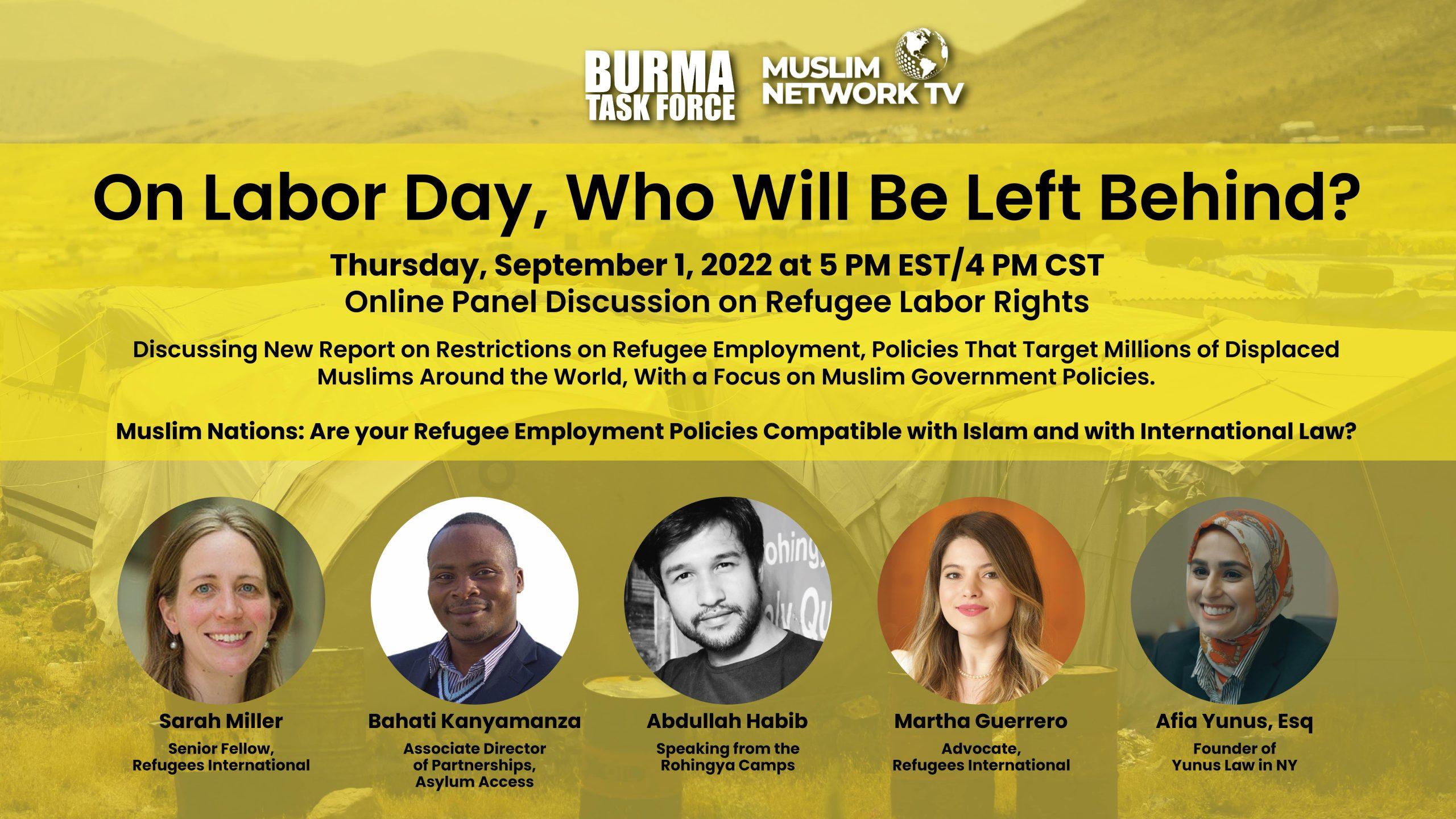Background: Profiting from widespread desperation in the refugee camps of Coxs Bazar, smugglers have dramatically…

Burma: Major Events In 2015
By Tamara Abu-Elreish
Boat Crisis:
The country of Burma captured international attention in May 2015 when thousands of refugees were shown fleeing Burma by sea. An estimated 6,000-7,000 migrants and refugees were found in crowded boats facing critical conditions drifting off the shores of neighboring countries: Thailand, Malaysia, and Indonesia. A shocking denial from each country’s government left thousands floating at sea.
The Rohingya Muslims, constantly classified as “one of the most persecuted communities in the world,” have been facing religious, economic, and political persecution for decades. The Muslim minority in a predominately Buddhist country have testified to the brutal treatment they face which has led them to flee. Already impoverished villages have been burned down, children killed, and women raped by radical Buddhist groups in the region.
Recent studies have shown that there was a dramatic increase in the number of refugees fleeing Burma in the last 3 years. Many preferred to endure a potentially fatal journey as they found no other option but to seek refuge in neighboring lands. Hundreds of Rohingya died reportedly from starvation, dehydration, illness, and drowning on sunken boats in 2015; a year filled with constant fear, devastation, and death for the Rohingya.
The displaced population found little sanctuary and peace in neighboring countries, too often the persecution continued. Disturbing revelations followed a major crackdown by Thai authorities on the human-trafficking industry. Human-traffickers used Thailand’s jungles to create concentration camps and cages where Rohingya were captured, tortured, and held for ransom. Some were sold into slavery if they could not pay for the passage and some reported children being kidnapped by smugglers. News emerged that mass graves were discovered on both sides of the Thai-Malaysian borders, where hundreds of Rohingya bodies were found; one of the biggest massacres discovered in today’s time. Pressure from International human rights organizations caused neighboring countries to provide temporary housing where most Rohingya currently reside; many in dire conditions. The UN has pressed the region to collaboratively enact a response plan before the next crisis emerges.
Floods:
The floods which emerged between July-August, 2015 claimed more than 115 lives in the Northern and Western regions of Burma. The President declared several regions, including Sagaing, Magewe, and both China and Rakhine States as natural disaster areas earlier this year. 1.6 million people were effected and hundreds displaced. NGO’s, civil society groups, the military, and ordinary citizens immediately sprung into action to help the displaced and provide relief supplies to victims of the natural catastrophe.
AJ Documentary/Reports:
October 2015-Aljazeera’s Investigative Unit has uncovered a genocide synchronized by Burma’s government in tandem with extremist Buddhist organizations and political parties against the Rohingya. The documentary revealed that the military backed Union Solidarity and Development Party (USDP) has participated in the persecution of the Rohingya Muslims in Burma, including crimes against humanity that amount to a systematic genocide.
Evidence provided by Aljazeera showed that the President Thein Sein from the USDP has used hateful anti-Muslim rhetoric which further stigmatized the Muslim minority in Burma. Independent reports showed that the Burmese government sparked anti-Muslim riots by hiring agent provocateurs to provoke problems with Muslims in the country. This led to the eruption of violence where thousands of homes were burned, innocent civilians slaughtered, and several thousand displaced. Reform in the country has been in progress since military dictatorship was replaced by a military-backed quasi-civilian government in 2010, but little changed for the Rohingya. Extremist Buddhist groups took advantage of their ability to influence politics meanwhile Muslim candidates were excluded from any participation in the election process.
Furthermore, the country’s disenfranchised Muslim minority continues to face oppression with little hope of resolution. As Professor William Schabas, the former president of the International Association of Genocide Scholars eloquently stated: “When you see measures preventing births, trying to deny the identity of the people, hoping to see that they really are eventually, that they no longer exist; denying their history, denying the legitimacy of their right to live where they live, these are all warning signs that mean it’s not frivolous to envisage the use of the term genocide.”
Elections:
November 8th, 2015 was a milestone date for the future of the country. Twenty-three million people participated and millions tuned-in to see who will lead the country. On the other hand, a million Rohingya Muslims were blatantly excluded from the 2015 elections. The only way they would have been able to vote is by providing government-issued ID cards which the government did not allow. The non-citizen status strips the Rohingya from basic human and civil rights and this most recent election shows the epitome of the systematic inequality they endure.
Despite fears of corruption to keep the USDP in power, eighty percent of voters cast their ballots in favor of the National League for Democracy (NLD). The party gained power over all state legislatures which prompted immediate transition talks between the military and the government. For the Rohingya the only little hope they have for a future in their indigenous land is in a cautious optimism that their condition will change under the newly elected NLD. Lets hope and pray their optimism is not in vain.



